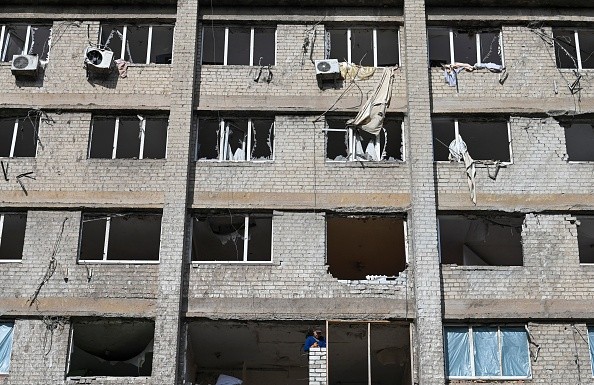A new study shows that Russia's invasion of Ukraine is expected to affect global food prices and carbon emissions.
The research was published in Nature Food and ScienceDaily.
The study applied an economic simulation model to determine the short-term and long-term effects of Russia's invasion of Ukraine on food, crop prices, and climate change.
The study was led by Jerome Dumortier and his co-authors. Dumortier is an associate professor in the O'Neill School of Public and Environmental Affairs at IUPU.
Dumortier explained the concerns about the food prices and food insecurity globally that first began in Ukraine.
Moreover, the research stressed that Russia's invasion of Ukraine would continue to impact the global supply. But, the effects on the food supply are not something bad they predicted.
Dumortier added that countries started to produce the needed crops and export to supply because Ukraine could not export due to invasion.
Impact on crop production

The study findings figured out that the war between the two countries could impact crop production, affecting food prices and food security worldwide. However, the researchers noted that it wasn't bad as they thought.
According to United Nations, International Fund for Agricultural Development (IFAD) said that the war in Ukraine is affecting food security and global grain supplies globally.
According to the study's estimates, they see the following:
- Corn and wheat prices could increase by up to 4.6% and 7.2%
- Prices of crops, including sunflower, soybeans, rice, and barley, will also increase.
Impact on Environment
The research also predicted that countries are working to fill the production gap, which can impact the global climate.
Dumortiter said that countries like Brazil could clear the land and vegetation to fill the production gap by planting more crops. As a result, the study emphasized that land-use change with increasing carbon emissions could contribute to more deforestation and environmental concerns.
Furthermore, the findings noted that the increasing corn production in Brazil could make up for the Ukraine drop in corn exports.
Researchers urge national governments to develop policies and plan to help affected populations. Governments can provide domestic food subsidies or eliminate restrictions on trade.
Environmental plans helping to make up the production loss can mitigate the effects of climate change, especially global carbon emissions.
The co-authors in the study are
- Miguel Carriquiry, Universidad de la República, Uruguay
- Amani Elobeid, Iowa State University.
The United Nations (UN) reported that over 7 million people had fled Ukraine, and nearly 7 million were displaced.
The same report revealed that the UN and its partners extended humanitarian assistance and protection to over 8.1 million people affected by the war.
- 6.7 million people received food assistance.
- 1.7 million who received cash assistance.
Moreover, the UN said that they highlight the protection of civilians there as a priority with intensifying humanitarian operations.
Related Article : Russia-Ukraine War: Around 4,000 Wild Animals Trapped at Mykolaiv Zoo due to Ongoing Gunfire and Rocket Attacks
For more similar stories, don't forget to follow Nature World News.
© 2026 NatureWorldNews.com All rights reserved. Do not reproduce without permission.





